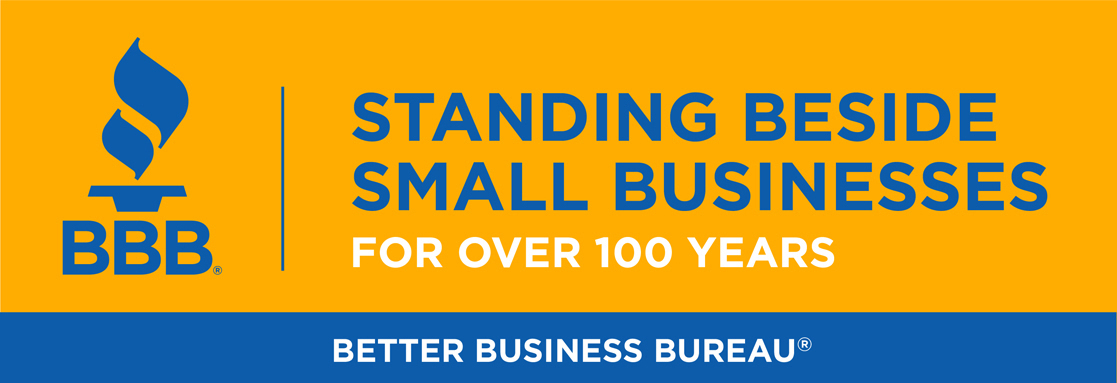People looking to save money on energy bills and live a more environmentally friendly life are turning to solar power in increasing numbers. According to the Solar Energy Industries Association, one in every 600 Americans is adding solar panels to their home every quarter. Better Business Bureau (BBB) advises consumers to do careful research before joining the solar energy movement.
Check BBB.org for BBB Business Profiles on thousands of solar energy businesses, including their BBB Accreditation status, BBB Customer Reviews, complaints and their resolution, and a rating from A+ to F. This information can give you important insight into what to consider when you contact a company.
BBB received more than 2,300 complaints last year about solar energy businesses. In many cases, consumers said the solar panels did not work as promised and they didn’t realize the promised energy savings. Others said there were problems with the installation of the panels and other service issues after the sale. Some consumers told BBB they were misled by sales representatives.
An O’Fallon, Missouri, man told BBB in August 2021 that a local company had damaged his roof while installing solar panels at his home. He said that in the course of repairing the leak, the company altered his home’s vents, which as a result were no longer up to code, and did not show up as scheduled to fix the vents.
BBB offers these tips when shopping for a solar energy system:
• Is it right for you? Consumers should conduct an audit to determine if a solar unit will help save them money on energy bills. They should determine how many sunny days they see on an annual basis and check their roof to make sure their home is equipped to sustain a solar panel system.
• Make a budget. Solar energy systems are a major expense. Make sure to get bids from several different companies and remember that the lowest bid isn’t always the best. If you pay with a loan, make sure to factor in various charges associated with the loan.
• Inquire about tax credits. If you buy a system, you may be eligible for various local, state and federal tax credits. The federal renewable energy tax credit for homeowners is equal to 26% of the system’s cost if installation is completed before the end of 2022, or 22% if installation is completed in 2023. The credit is scheduled to expire at the end of 2023. The U.S. Department of Energy keeps a database of state-specific credits.
• Read the contract. Make sure the contract mirrors everything a sales person told you. Know the length of the contract and how much you will pay per month (if you are leasing the equipment) or per kilowatt-hour (with a power purchase agreement). Make sure any fees are detailed as well as who pays for any repairs that are needed during the duration of the contract.
• Report the bad actors. If you have trouble with a solar energy company, file a report with BBB, the Federal Trade Commission and your state attorney general’s office.




Facebook Comments